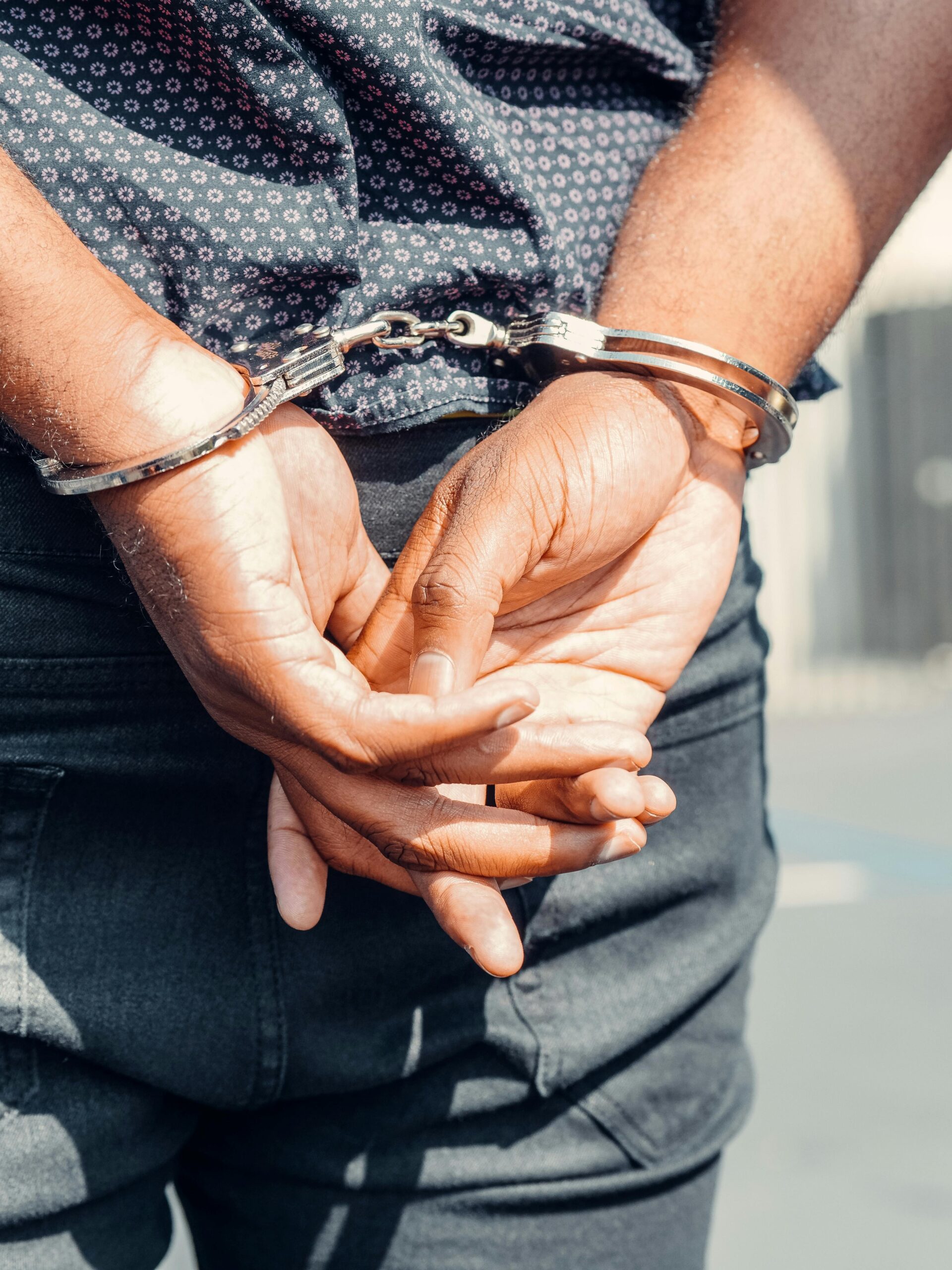The Legal Implications of Drug Possession: A Comprehensive Overview

Drug possession is one of the most common drug-related offenses worldwide, and its legal implications can vary significantly depending on jurisdiction, the type of substance involved, and the quantity possessed. While some countries have decriminalized or legalized certain drugs, others enforce strict penalties, including fines, imprisonment, and even lifelong criminal records. This article explores the legal ramifications of drug possession, examining both the immediate consequences and the broader societal impact.
1. Understanding Drug Possession Laws
Drug possession refers to the act of having controlled substances in one’s personal possession, whether for personal use or distribution. Controlled substances are typically categorized into schedules or classes based on their potential for abuse, medical use, and overall risk to society.
1.1. Types of Controlled Substances
- Schedule I Drugs : Substances with no accepted medical use and a high potential for abuse (e.g., heroin, LSD).
- Schedule II Drugs : Drugs with a high potential for abuse but some accepted medical uses (e.g., cocaine, methamphetamine, opioids like oxycodone).
- Schedule III-V Drugs : Substances with lower risks of abuse and recognized medical applications (e.g., anabolic steroids, prescription medications).
1.2. Levels of Possession
- Simple Possession : Possessing a small amount of a controlled substance for personal use.
- Possession with Intent to Distribute : Possessing larger quantities or evidence suggesting intent to sell (e.g., scales, packaging materials).
- Constructive Possession : Having control over or access to illegal substances, even if not physically holding them.
2. Legal Consequences of Drug Possession
The penalties for drug possession depend on several factors, including the classification of the drug, the amount possessed, prior convictions, and local laws. Below are the primary legal consequences:
2.1. Fines
- Fines for simple possession can range from hundreds to thousands of dollars, depending on the severity of the offense and jurisdiction.
- For example, in the United States, first-time offenders may face fines up to $1,000 for misdemeanor possession charges, while repeat offenders or those caught with large quantities could incur much higher penalties.
2.2. Imprisonment
- Jail time for drug possession varies widely:
- Minor offenses might result in probation or short-term incarceration.
- Felony charges, especially for Schedule I or II drugs, can lead to years or even decades in prison.
- In countries with zero-tolerance policies, such as Singapore or Malaysia, drug possession can carry mandatory minimum sentences or even the death penalty.
2.3. Probation and Parole
- Many jurisdictions offer probation instead of jail time for first-time offenders or minor offenses.
- Probation terms often include mandatory drug testing, community service, and participation in rehabilitation programs.
2.4. Criminal Record
- A conviction for drug possession results in a permanent criminal record, which can affect employment opportunities, housing applications, and educational pursuits.
- Expungement or sealing of records may be possible in certain cases, but this process varies by location.
2.5. Driver’s License Suspension
- In some regions, drug possession convictions can lead to the suspension of driving privileges, particularly for offenses involving minors or public safety concerns.
3. International Variations in Drug Possession Laws
Drug possession laws differ dramatically across the globe, reflecting cultural attitudes, political priorities, and public health approaches.
3.1. Strict Enforcement Countries
- United States : Despite recent moves toward legalization of cannabis in many states, federal law still classifies marijuana as a Schedule I drug. Penalties for other drugs remain severe, especially under mandatory minimum sentencing laws.
- Singapore and Malaysia : Possession of even small amounts of illicit drugs can lead to life imprisonment or execution.
3.2. Decriminalization Models
- Portugal : In 2001, Portugal decriminalized the possession of all drugs for personal use. Offenders are referred to treatment programs rather than facing criminal prosecution.
- Netherlands : Cannabis possession is tolerated in designated “coffee shops,” though technically illegal under national law.
3.3. Legalization Efforts
- Canada : Recreational cannabis was legalized in 2018, allowing regulated possession and sale.
- Uruguay : The first country to fully legalize cannabis, Uruguay permits personal cultivation, licensed sales, and user clubs.
4. Broader Societal Implications
Beyond individual legal consequences, drug possession laws have far-reaching effects on communities and societies.
4.1. Impact on Criminal Justice Systems
- Harsh drug possession laws contribute to overcrowded prisons, disproportionately affecting marginalized groups.
- Racial disparities in drug arrests and sentencing highlight systemic inequities within the justice system.
4.2. Public Health Considerations
- Criminalizing drug possession often deters individuals from seeking help for addiction, exacerbating public health crises.
- Decriminalization and harm reduction strategies, such as needle exchange programs and supervised consumption sites, have shown promise in reducing overdose deaths and improving outcomes.
4.3. Economic Costs
- Enforcing drug possession laws requires significant resources, including policing, court proceedings, and incarceration.
- Legalization and regulation models generate tax revenue and reduce enforcement costs, as seen in jurisdictions that have legalized cannabis.
5. Defenses Against Drug Possession Charges
If charged with drug possession, defendants have various legal defenses available, depending on the circumstances of the case:
5.1. Unlawful Search and Seizure
- Evidence obtained through unconstitutional searches (e.g., without probable cause or a warrant) may be excluded from trial.
5.2. Lack of Knowledge
- If the defendant did not know they were in possession of an illegal substance, this defense may apply.
5.3. Entrapment
- Law enforcement cannot induce someone to commit a crime they otherwise would not have committed.
5.4. Chain of Custody Issues
- Challenges to how evidence was handled or stored can undermine the prosecution’s case.
6. Tips for Avoiding Drug Possession Charges
While abstinence from illegal substances is the surest way to avoid charges, here are additional tips:
- Know Local Laws : Familiarize yourself with drug regulations in your area, especially when traveling internationally.
- Avoid Association : Do not associate with individuals engaged in illegal drug activities.
- Secure Your Property : Ensure that controlled substances are not accessible to unauthorized persons, avoiding constructive possession claims.


